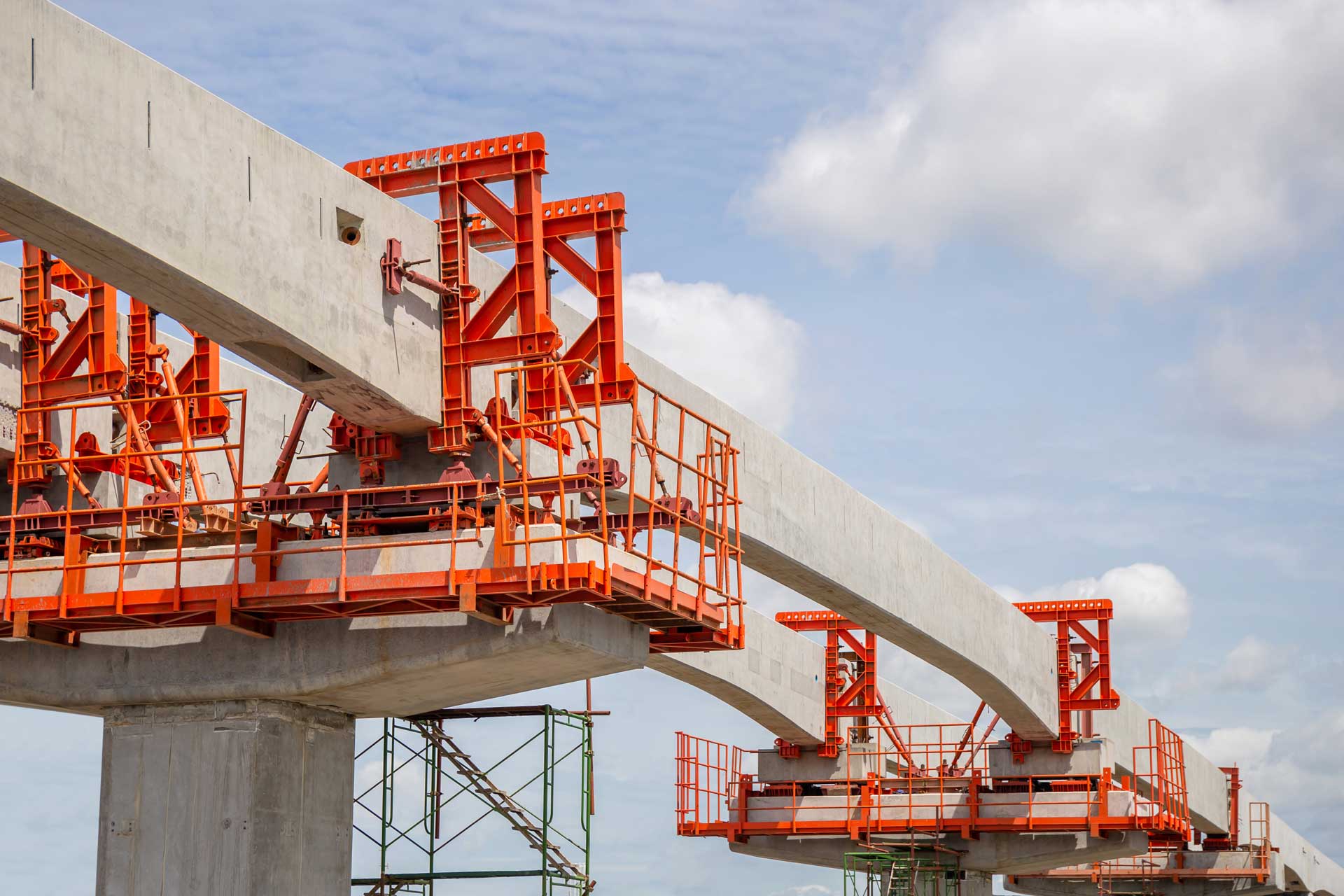
If you’re in construction, you know our roads and bridges are in dire need of some major TLC, and not just here at home in New York State, but all across the country. In an effort to rebuild our crumbling infrastructure, the Senate overwhelmingly approved the $1 trillion infrastructure bill earlier this summer. Since then? Not much has happened, but on Friday, the House Majority Leader Steny Hoyer (D-Md.) affirmed the chamber will vote on the Senate-passed bipartisan infrastructure bill on Sept. 27, even though the larger $3.5 trillion bill to invest in social safety net programs still faces tough hurdles.
Did you know, that every four years, the American Society of Civil Engineers’ Report Card for America’s Infrastructure describes the condition and performance of American infrastructure in the familiar form of a school report card? It assigns letter grades based on the physical condition and needed investments for improvement.
While the nation’s infrastructure earned a C- in the 2021 Infrastructure Report Card (ouch), New York faces its own unique infrastructure challenges. For example, driving on roads in need of repair in New York costs each driver $625 per year, and 9.9% of bridges are rated structurally deficient. Drinking water needs in New York are an estimated $22.8 billion. 424 dams are considered to be high-hazard potential. The state’s schools have an estimated capital expenditure gap of $2.91 billion. This deteriorating infrastructure impedes New York’s ability to compete in an increasingly global marketplace. In summary, our infrastructure is in desperate need of help. But while the looming September date weighs heavy on the minds of many who are anxious to learn what will happen next, it seems not everyone in the House is convinced a resolution will be coming any time in the immediate future.
Appearing on “Fox News Sunday,” on September 19, Rep. John Yarmuth (D-Ky.), the House budget chair, said that the passage of the infrastructure bill may not be doable in the time frame since the reconciliation package won’t be done by that time. Yarmuth noted that passing the social spending priorities wouldn’t be possible before the vote set for the physical infrastructure package, which has bipartisan support.
“I would say we’re probably going to slip past the Sept. 27 date, sometime into early October would be my best guess,” said Yarmuth. “These are not frivolous matters. If we have a desperate deficiency in social infrastructure in this country, access to affordable child care, the absence of early childhood education, the infrastructure for senior care,” Yarmuth said. “I think that’s what we need to focus on, not the money.”
Multiple tricky policy disputes remain unresolved, including lifting the cap on the state and local tax deduction and empowering Medicare to negotiate lower prescription drug prices. Which states are going to come out on top if the bill makes its way to President Joe Biden’s desk? California, Texas, and New York will likely cash in big. The administration said Californians should plan for at least $44.56 billion in infrastructure funds, the biggest sum for any state. Texas came in at number two with an estimated allocation of $35.44 billion, between $26.9 billion in estimated highway funds and $3.3 billion in estimated public transit funds. New York, in third, is projected to receive $26.92 billion. Time will tell what direction the infrastructure bill is headed, the outcome of which will inevitably have huge long-term impacts on not only the construction industry but New York’s economic recovery, post-pandemic.
Whatever the future holds, we understand that construction projects are complicated undertakings that require an especially disciplined and attentive approach to accounting. RBT CPAs, LLP has the necessary experience to manage cash flows for projects both large and small. If you want streamlined construction accounting in Mid Hudson Valley, NY, please contact our professional team, today.
Sources: The Hill, Politico, The White House, Infrastructure Report Card
